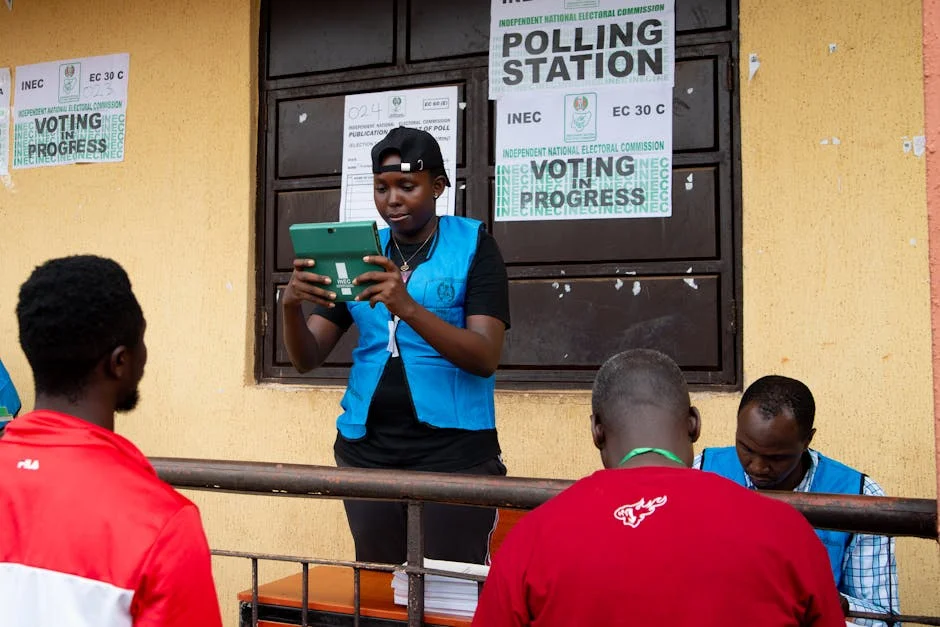The Chairman of the Kano Council of Chiefs and the Emir of Kano, Alhaji Aminu Ado Bayero, has advised farmers to consider horse breeding and rearing as a means of protecting the horse species from potential endangerment.
Expressing his concerns about the potential disappearance of horses, much like many other endangered animal species worldwide, the Emir made this recommendation during a working visit to the Malam Alu Farm and Agro-Allied Company in Birninkudu, Jigawa State.
He was accompanied by the Emir of Dutse, Alhaji Muhammad Hamim Nuhu Sunusi.
The Emir commended the level of investment and modern farming technology applied to the farm, expressing optimism that it would soon become one of the best in Nigeria and Africa.
Alhaji Muhammad Hamim Nuhu Sunusi, the Emir of Dutse, also praised Honourable Faruk Adamu Aliyu, the chairman of the farm, for his vision and investment aligned with the current administration’s food security policy.
He further called for the reintroduction of the Bank of Agriculture in the northern regions of the country, which are significant food-producing areas.
He appealed to the federal government to extend greater support to large-scale farmers like Honourable Faruk Adamu Aliyu to establish farms like the Malam Alu Farm across the country, particularly in the north.
The Malam Alu Farm and Agro-Allied Company, led by Honourable Faruk Adamu Aliyu, is an 80-hectare integrated farm engaged in poultry, dairy, greenhouse cultivation of tomatoes and other vegetables, fishery, and fertilizer production.
He said the farm provides employment to over 1,000 people, with 250 receiving monthly salaries, many of whom are recruited from nearby villages.
Highlighting the farm’s production capacity, Honourable Aliyu noted that the greenhouse produces 15 tonnes of tomatoes every week, while the fertilizer blending factory generates 400 tonnes per day.
He encouraged local elites to invest in agriculture within their communities to create job opportunities and alleviate poverty and crime among the local population.
Kano Court Warns Gov’t Against Disobeying N30bn Compensation Order
Why Presidents Need to Stop Appointing INEC Chairman in Nigeria, by Attahiru Jega



